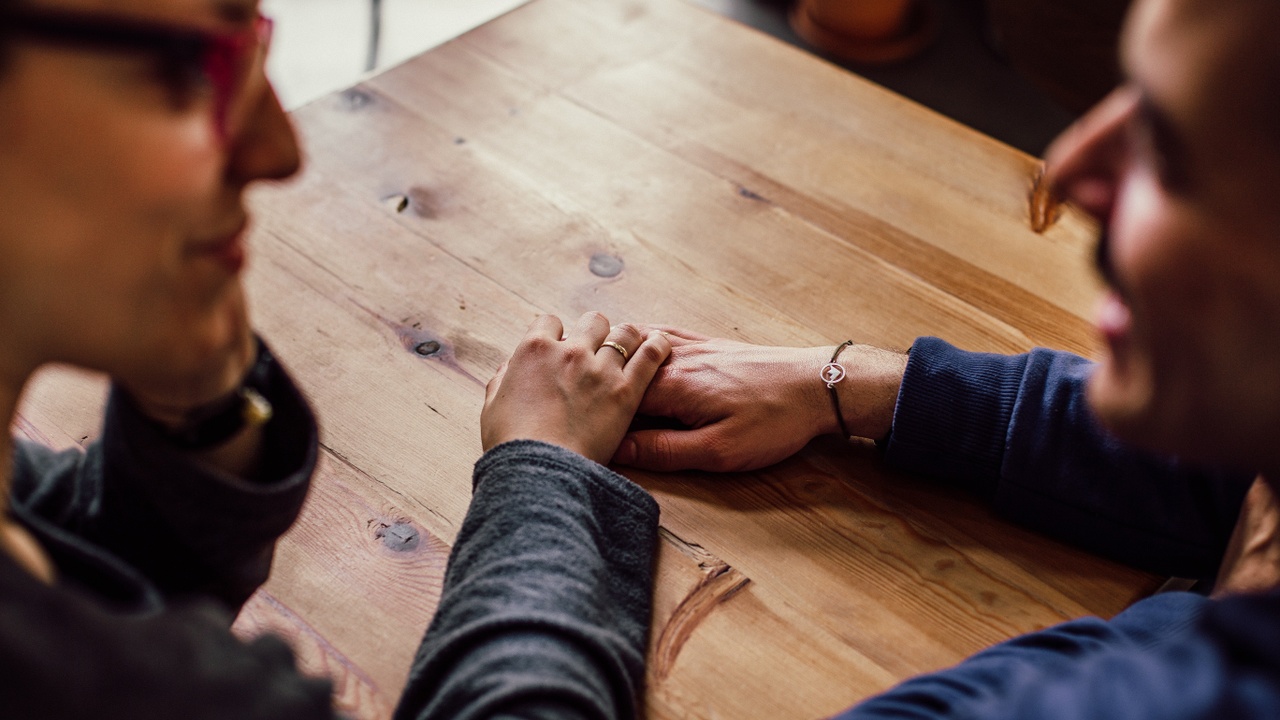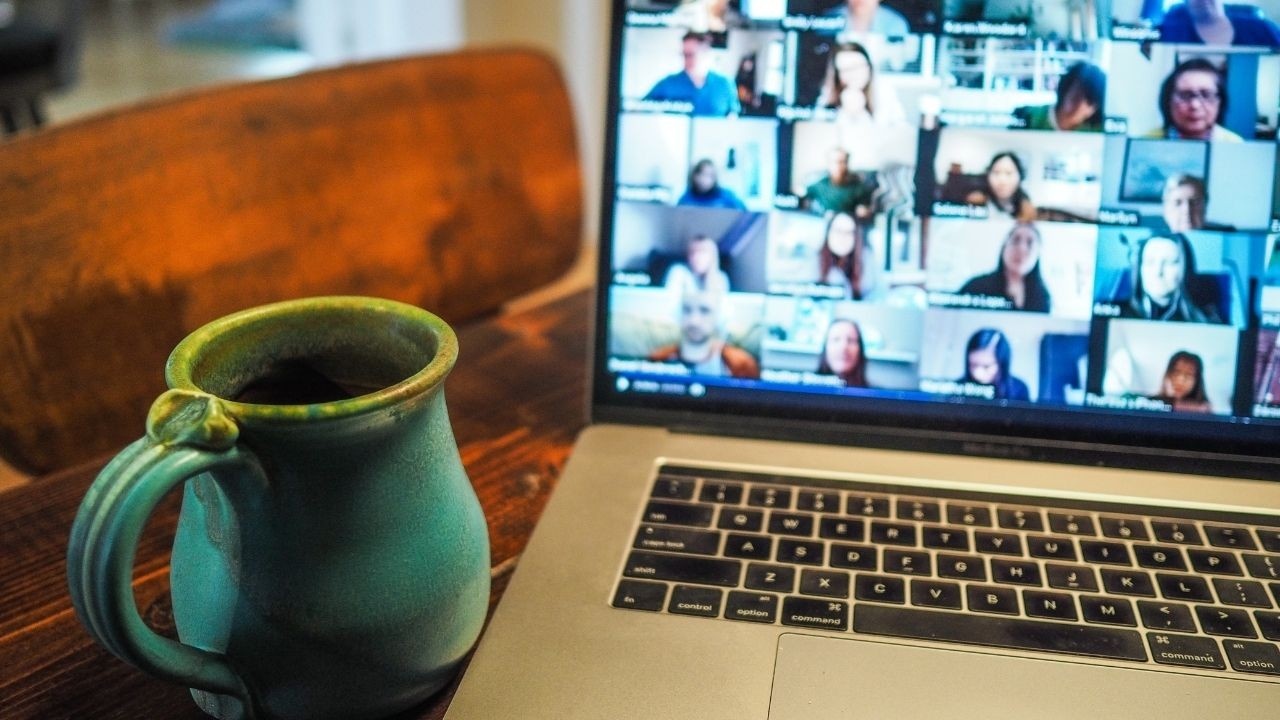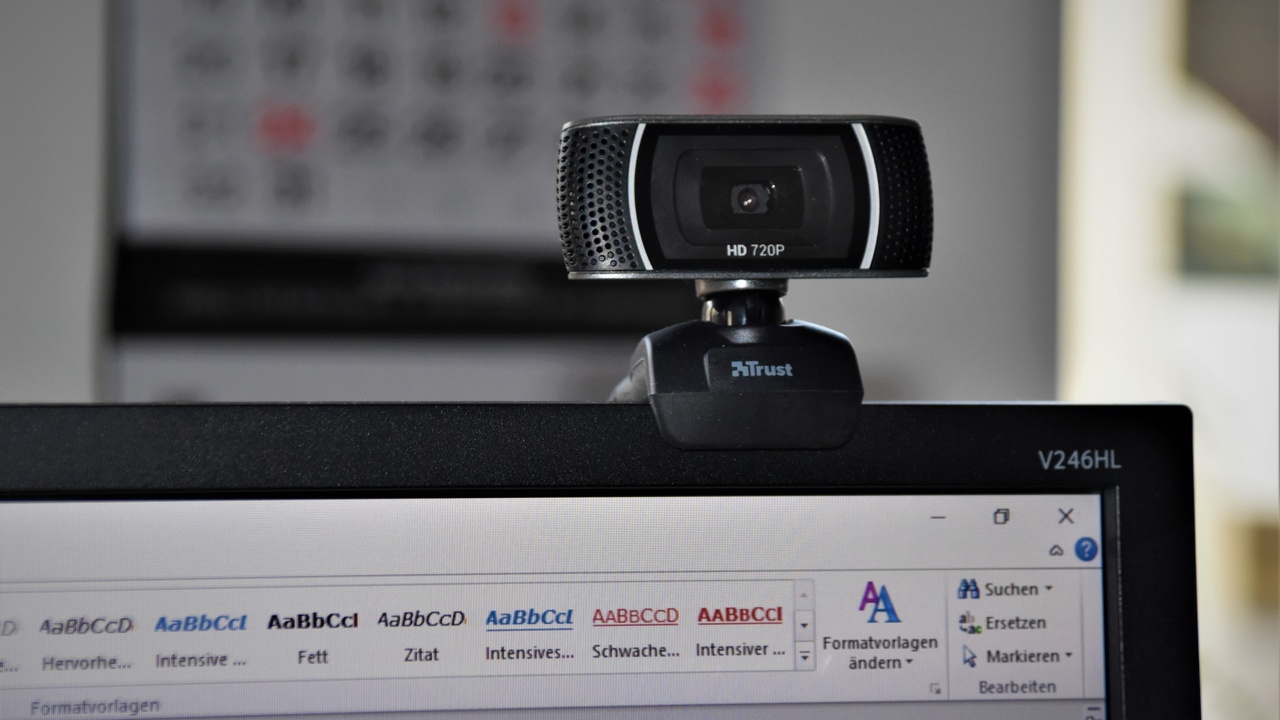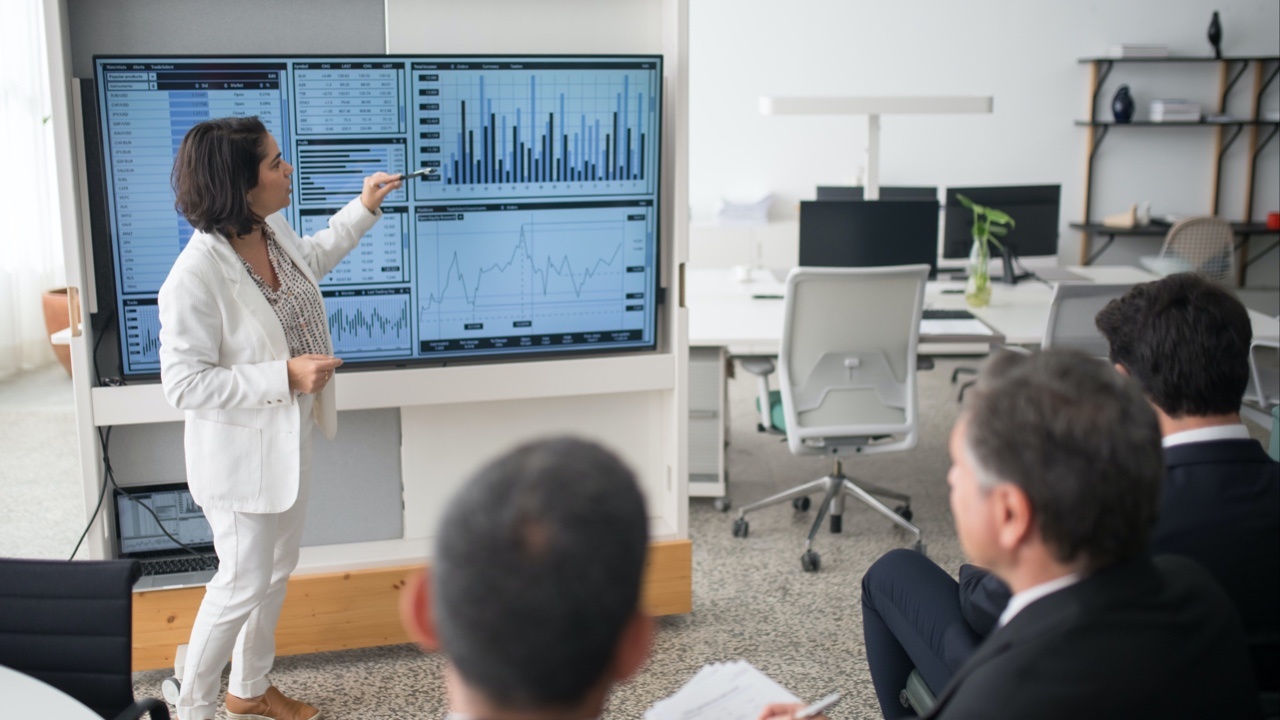3 Ways to Quickly Improve Your Listening Skills

Most people do not listen with the intent to understand; they listen with the intent to reply.
–– Stephen Covey
By John Millen
When I say "your most important communication skill," you might think: public speaking, handling questions, or reading people.
Those are all important skills, but not the most important. Your most valuable communication skill is listening.
If you think deeply about a problem you’ve had communicating with someone, you’ll find it’s probably a listening problem. You and the other person and not really understanding one another.
That’s because we normally think of communication as outgoing. We think that if we’re talking we must be communicating.
That leads to people speaking at one another instead of really listening. We see so much of this on social media and in politics where people spend a lot more time shouting at one another than listening.
It turns out that two monologues do not equal a dialogue. They are not communicating.
Are you really listening?
Think about what you do when your are supposed to be listening to someone:
- Are you thinking about something else?
- Are you waiting for your turn to speak?
- Are you listening for keywords that you can use to pivot to what you want to say?
All of these are signs you are not really listening.
So, what is listening? It’s not just hearing the words someone is saying. The best kind of listening is understanding the whole meaning of what is being said, as well as what is not being said. The hidden messages.
Seek to Understand
That’s why Stephen Covey, the author of 7 Habits of Highly Effective People,* made one of the seven habits, "Seek First to Understand, Then to Be Understood."
Covey created five levels of listening, from worst to best:
1. Ignoring
2. Pretend listening (patronizing)
3. Selective listening
4. Attentive listening
5. Empathic listening
Covey explains:
When I say empathic listening, I mean listening with the intent to understand. I mean seeking first to understand, to really understand. It's an entirely different paradigm.
Empathic (from empathy) listening gets inside another person's frame of reference. You look out through it, you see the world the way they see the world, you understand their paradigm, you understand how they feel.
Are you present, fully present, and really listening to someone who matters to you? Listening fully and deeply is how we can let people know they really matter to us.
Oprah Winfrey’s superpower
Oprah Winfrey has one superpower that has contributed most to her success: she is an amazing listener.
To help with your listening skills, here are my three strategies to quickly improve your listening skills, along with how Oprah uses these to draw out her guests:
1. Focus all of your attention on the person speaking
Oprah keeps her eyes directly on her guest and will often move forward in her chair to show her complete focus. Even though there are cameras and people all around, Oprah’s attention makes the person feel comfortable to open up.
What you can do:
- Put your phone away, out of view
- Maintain eye contact and lean in to stay focused
- Gently nudge away the thoughts in your head and return to the present moment
2. Make an emotional connection
Oprah shares her emotions with her guests and asks emotion-based questions about how they are feeling. This creates deep trust and elicits emotions from the people she interviews.
What you can do:
- Avoid the impulse to give your response, just listen
- Try to understand where the person is coming from by taking in body language and facial expressions
- Feel the emotions are being expressed and ask why they feel that way
3. Show your empathy and understanding
Oprah will often restate in simple terms what her guest has said. She does this to reinforce the idea for her viewers, but also to let the guest know that she understands and appreciates their thoughts.
What you can do:
- Wait for the right moments to ask open-ended questions
- Test your understanding by paraphrasing what you heard and asking if it’s accurate
- Express an interest in learning more from the person at that moment or continuing the conversation in the future
I could offer you many more strategies that I use in my communication coaching and training, but any one of these tips will instantly improve your listening skills.
You can adopt many new communication habits based on these tips, but here’s a simple habit for you to start right away.
New communication habit: listen twice as much as you talk.
Start checking yourself. When it’s time to listen to someone at work or at home, are you really there?
Listening makes or breaks relationships. It’s that powerful. That’s why it can be your most important communication skill.
Don't worry about being perfect. Just make a start. Just listen.








